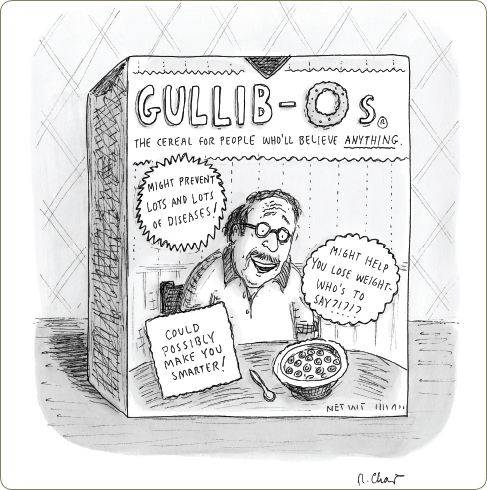Examine the Evidence
Critical thinkers are careful to check that the evidence supporting an argument—whether someone else’s or their own—is of the highest possible quality. To do that, simply ask a few questions about the arguments as you consider them:
What general idea am I being asked to accept?
Are good and sufficient reasons given to support the overall claim?
Are those reasons backed up with evidence in the form of facts, statistics, and quotations?
Does the evidence support the conclusions?
Is the argument based on logical reasoning, or does it appeal mainly to the emotions?
Do I recognize any questionable assumptions?
Can I think of any counterarguments? What facts can I muster as proof?
What do I know about the person or organization making the argument?

If you’re still not certain of its quality after you have evaluated the evidence used in support of a claim, it’s best to keep looking. Drawing on questionable evidence for an argument has a tendency to backfire. In most cases a little persistence will help you find something better. (You can find tips on how to find and evaluate sources in Chapter 10, Information Literacy and Communication.)